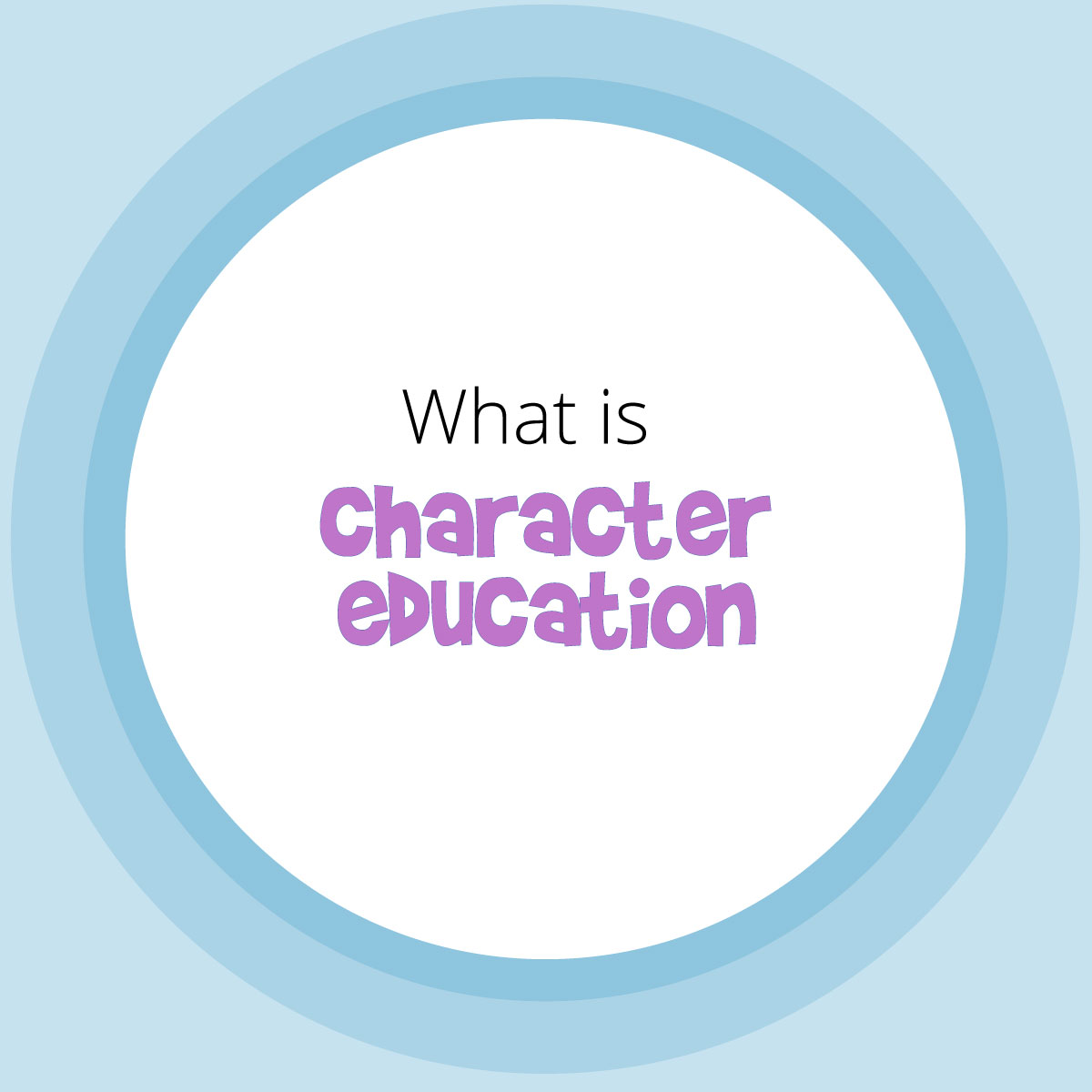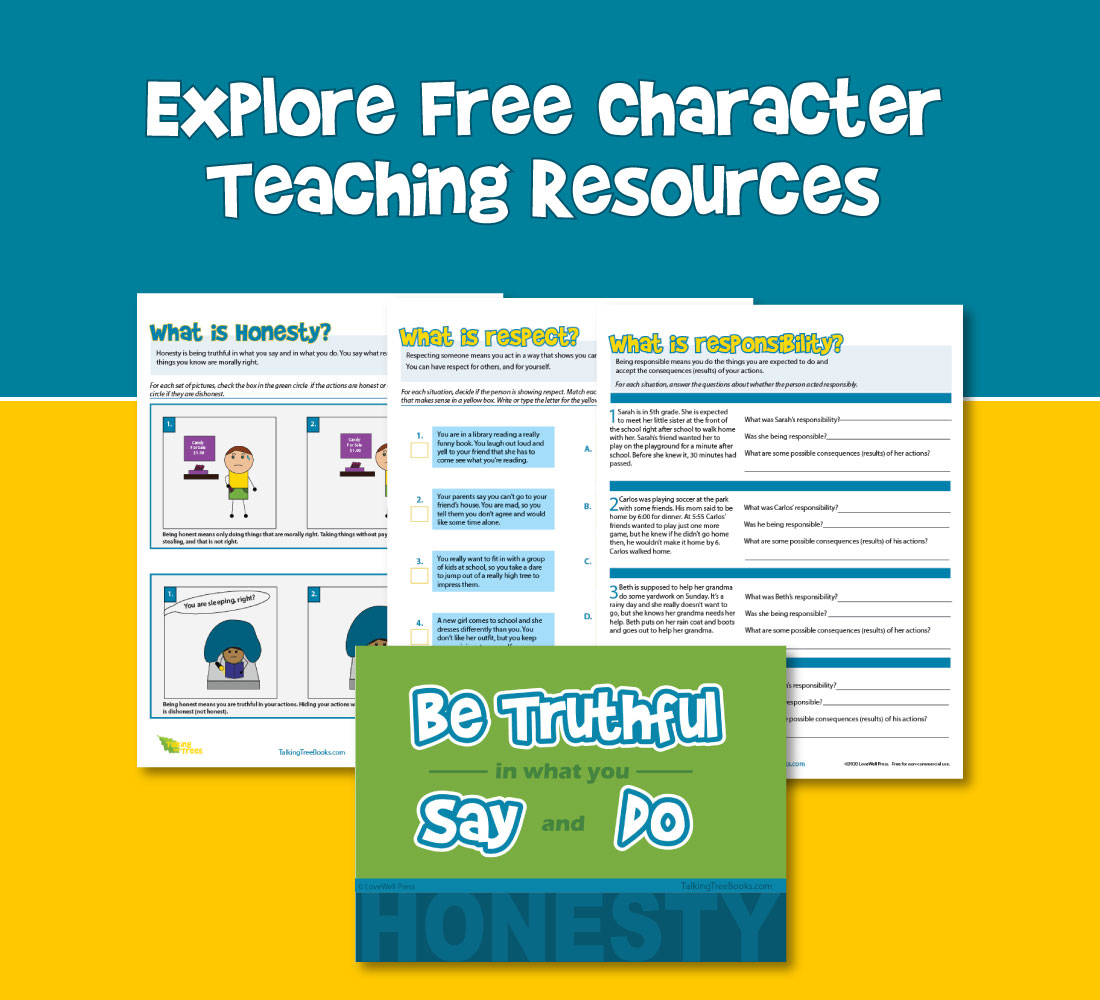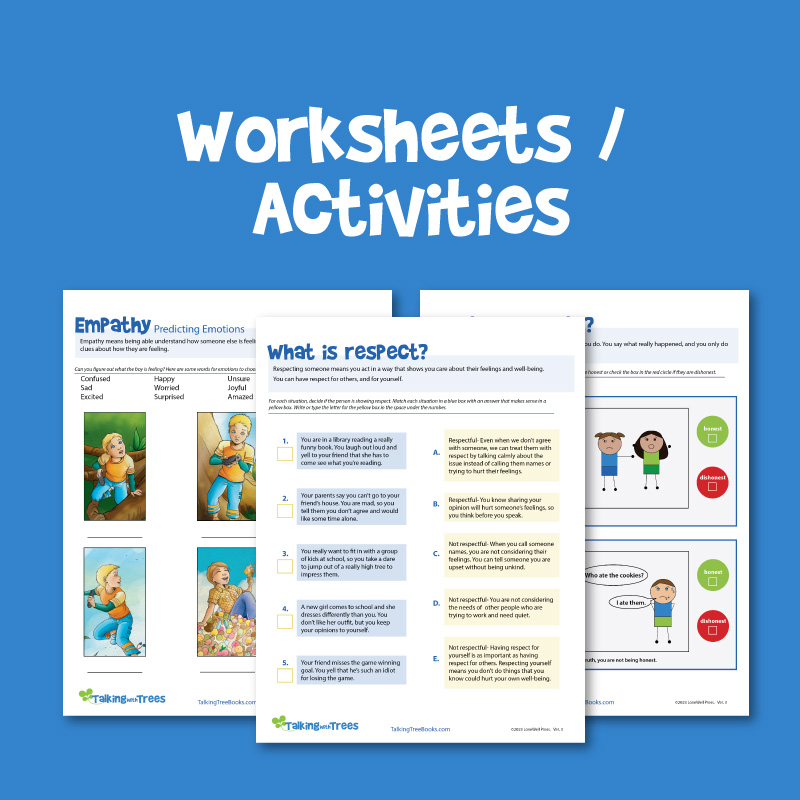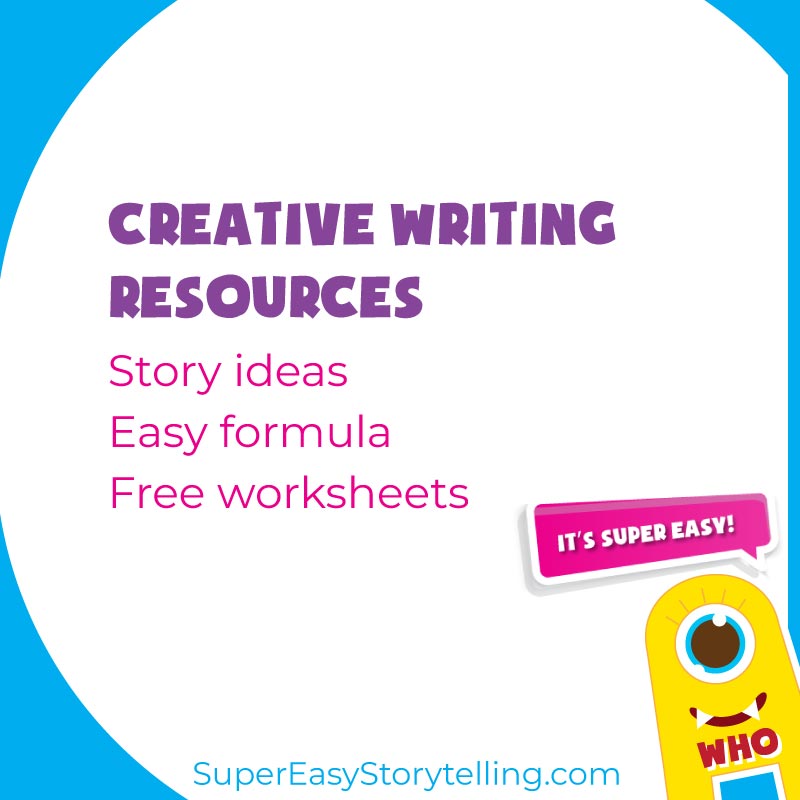What is Character Education?
Character education is teaching children about "good traits" that help them get along well in society.
Character ed is about teaching children the core values we all need to cooperate and keep our society running smoothly. Character education focuses on good morals-- like respect, responsiblity, honesty, caring, and fairness-- that a society needs for people to live and work together peacefully.
Character education teaches children the core values we all need to cooperate so we can keep our society running smoothly. See which good character traits are typically included in character education.
Character education started a long time ago because leaders realized that to maintain order and peace, to do business and have economic growth, and to run a civil society, we needed people who treated each other with respect, honesty, and fairness. In the past, character education was included in civics classes and was woven throughout the curriculum. Character education is still important today, and teaching core character values is one of the Department of Education's six key goals. According to the US Dept of Education, "Character education is a learning process that enables students and adults in a school community to understand, care about and act on core ethical values such as respect, justice, civic virtue and citizenship, and responsibility for self and others. Upon such core values, we form the attitudes and actions that are the hallmark of safe, healthy and informed communities that serve as the foundation of our society."
For more about good character, scroll down:
- What is a character lesson
- How do we teach character
What is a character lesson?
Character education lessons include universally accepted character traits or core values such as respect, honesty, responsibility, and fairness. Think of how you would want to be treated by others, and there's a good chance those actions are part of a character education lesson.
How can we teach character education?
Character education is more than slogans. Character education must help children truly understand what good character traits are, and must help them think through how to live a life based on good traits. Character education should teach kids how to make good choices when faced with difficult situations.
Character education best practices are available from schools who have implemented character education programs. While character education programs abound, the Character Education Partnership rates the best character education programs in the country. They cite 11 key principles to a successful character education program and provide resources and best know methods in character education.
Character education books for kids are one way to help kids learn about good character traits. The Talking with Trees book series can be part of a character education lesson plan as it presents real-life situations in terms kids can understand. The books also feature discussion guides, and Talking with Trees offers free character education teaching resources online.
One popular character education program called Character Counts!* focuses on the following six pillars of character*: Trustworthiness, Respect, Responsibility, Fairness, Caring, Citizenship. These six pillars of character education include topics about being honest, doing what you say you will do, respect for others, using self-control, being accountable, playing by the rules, treating people fairly, forgiving others, and more. The six pillars of character development are taught in character education events using posters, booklets, and other devices to help kids remember the six pillars of character education throughout their daily interactions in school.
Whether using the Talking with Trees character education books for kids, Character Counts! six pillars of character, or one of the many other books and resources that are part of a complete character education program, the most important thing is to make the effort to educate kids about character. Studies show that kids who talk with their parents when they are young are more likely to continue to listen and talk when they are teens. So start character education early and keep the dialog going.
*Other trademarks are the property of their respective owners.
Colleen Doyle Bryant
Colleen Doyle Bryant is the author of five books and more than 50 learning resources about making good choices for the right reasons. Her Talking with Trees series for elementary students and Truth Be Told Quotes series for teens are used in curricula around the world. Rooted in Decency, Colleen’s most recent release, written for an adult audience, explores how the decline in common decency is affecting wellbeing, and how we can build more trust and cooperation. Learn more at ColleenDoyleBryant.com








